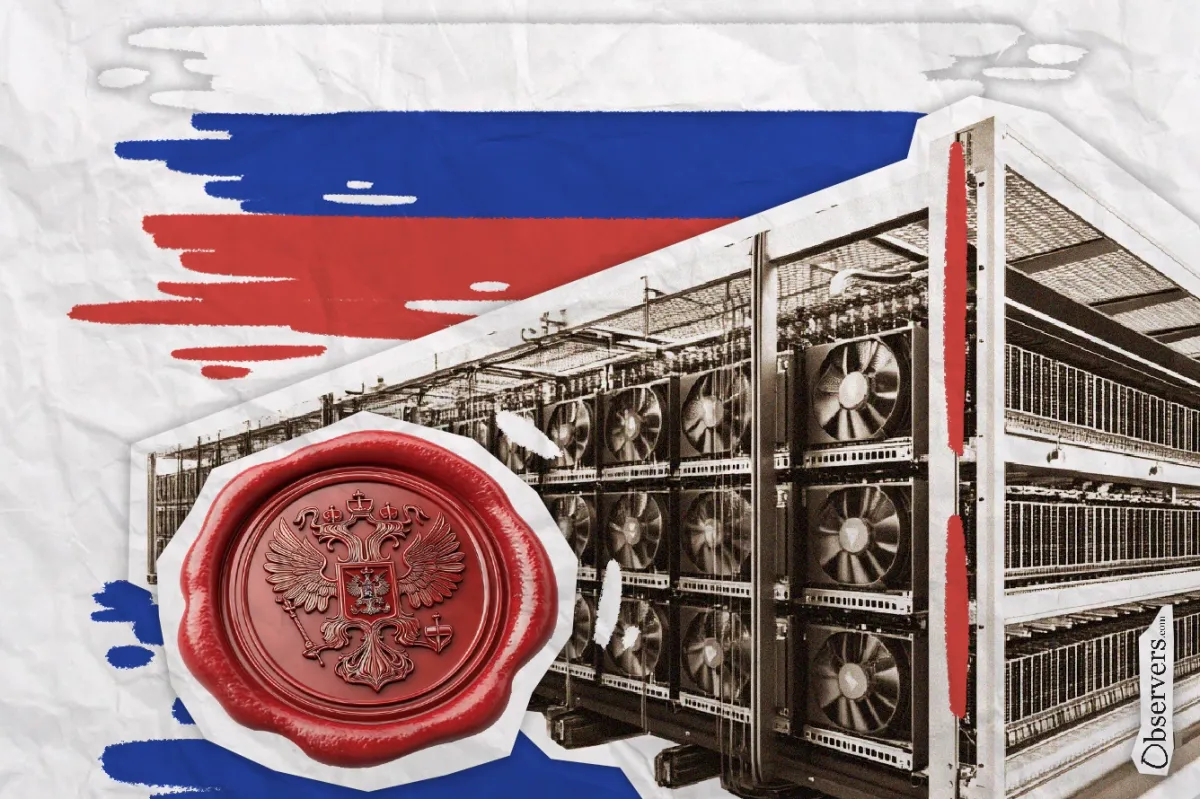
This month, the Russian president signed two crypto-related bills passed earlier in the summer by the Parliament. The first one legalizes mining, and the second one allows the Central Bank to work on an experimental platform for using cryptocurrencies in international payments.
The bills amend various legislative acts of the Russian Federation, making mining and related activities a regulated commercial activity and allowing the regulators to experiment with bypassing sanctions. Allegedly, the use of crypto will allow offsetting sanctions against banks involved in deals with Russia (i.e., Chinese, Turkish, etc.).
Before, despite Russia reportedly being one of the top mining countries, these activities operated in a legally grey area, and using crypto for payments was prohibited at all levels.
Mining: Allowed with Caveats
Russia, especially northern regions, attracts miners because of its suitable climate, which reduces equipment cooling costs and cheap electricity. Now, companies and individual entrepreneurs included in a special register to be maintained by the Central Bank will be able to mine legally. At the same time, it will be possible to mine privately, but only within the established energy consumption limits, which haven’t been announced yet.
Miners will be required to report data on mined cryptocurrency, wallets, and transactions to local authorities. It is unclear if the authorities will allow miners to sell their assets on foreign platforms, and the taxation requirements are also ambiguous.
The mining bill first garnered public attention when local media platforms mistakenly reported an upcoming total prohibition of crypto in the country. In fact, the draft suggested banning only the organization of the circulation of cryptocurrencies in Russia. Thus, the creation of exchanges and exchangers could have been prohibited, but the provision was excluded from the final version.
“We managed to cancel the regulation banning the organization of cryptocurrency circulation, which in its current version caused quite serious concerns among industry representatives,” - commented the bill co-author Gorelkin.
Still, a controversial and vague restriction on "offering digital currency to the general public" has been enacted. This provision might be interpreted in many ways: from a restriction on advertising crypto to the public to a complete prohibition of crypto-related services outside of the experimental zone.
The bill also amended the wider advertising law, prohibiting the promotion of not only digital currencies but all related goods and services. Following the bill's enactment on August 18, the participants of CryptoSummit, the largest annual event on crypto and blockchain in Russia and the CIS, were banned from advertising everything from cryptocurrency to trading bots, exchanges, and wallets.
Cross-Border Payments With Crypto for State Companies and Public
The Central Bank is set to start working on an experimental platform for using cryptocurrencies in international payments on September 1. According to Bloomberg sources, Russia will use the National Payment Card System "MIR," which replaced Visa and MasterCard in the country, to swap rubles and cryptocurrencies when testing payments and the exchange platform. There are also speculations that the Central Bank is considering creating stablecoins to use for settlements within the experimental regime.
Local outlets report that two crypto exchanges may appear in Russia's biggest cities. The first is planned to be created based on the St. Petersburg Currency Exchange, and the second is planned to be in Moscow. However, it has not yet been decided whether it will be created based on the Moscow Exchange or separately within the framework of the experimental legal regime. Most likely, the exchanges will be first available to a narrow range of local blue-chip and state-owned companies.
Local business representatives are skeptical about the idea and believe that only those who have no other options might be interested in seeking out the national solution instead of time-tested international platforms.
"The only scenario in which a market participant will go to a domestic platform is hopelessness," - said TerraCrypto CIS mining forum founder Nikita Vassev.
Also worryingly for crypto owners, the law allows the Central Bank to ban Russian citizens from transacting 'foreign digital rights' (a broad term that might cover, for example, popular stablecoins) at its own discretion and, in general, bans them from acquiring foreign digital rights unless the authority issues a special regulatory act.
Why Now and What's Next?
The Russian government started paying attention to crypto sector regulation after facing multiple sanctions from Western countries. The Central Bank used to have a very negative stance on crypto. The existing legislation had even prohibited using crypto in payments for goods, works, or services. Now, as it sees opportunities to use crypto for its own payments, the Bank has allegedly decided to make a kind of compromise with industry representatives.
So far, the major part of the industry remains in the grey zone, but the government is reportedly set to continue developing regulations. According to local sources, the next step will be crypto exchange regulation.
"For now, they [crypto exchanges] are in a grey area, and we need to put an end to this. Both the Central Bank and the government, represented by the Ministry of Finance, have not yet found a solution on how to do this. We have made great progress: paying with bitcoins – go ahead, using digital financial instruments (including foreign ones) in cross-border settlements – too. The only question is about the exchange," - stated Siluanov, the Minister of Finance.
Siluanov promised to prepare a legislative solution for crypto exchanges already this autumn, which again outlines the country's clear need to create a functional crypto framework as fast as possible.

